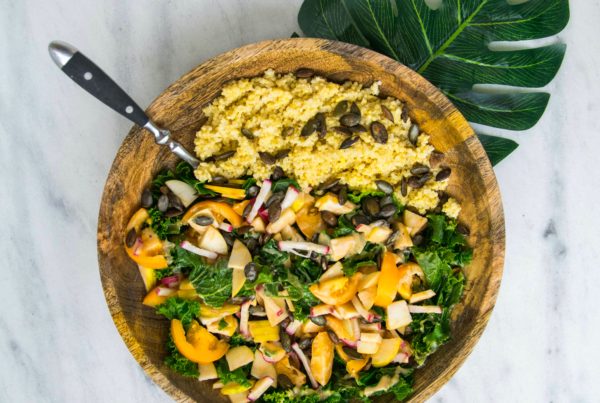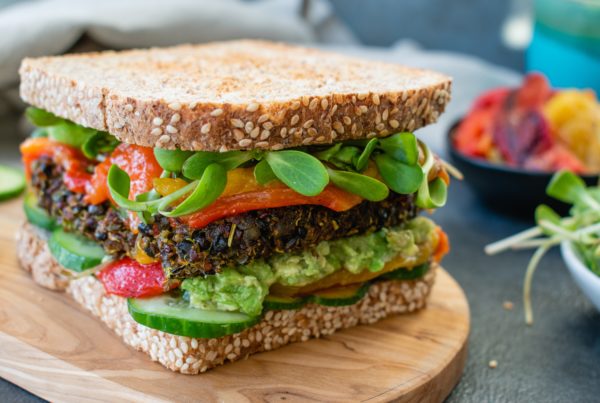Around the world, food waste has become a huge problem, with grocery stores and restaurants throwing away pounds and pounds of perfectly edible food. Take a look at your own home: how much organic matter have you thrown into the compost that could have been eaten? Not only are you tossing away food, but valuable nutrients and money as well. Try some of these innovative ways to reduce the amount of food you throw out; saving you money and adding nutrients in unexpected ways.
Many components of fresh fruit and vegetables are mistakenly thrown out when really they are delicious and contain a wide variety of vitamins and minerals. Next time you are cutting up strawberries, save the hulls to throw into your next smoothie. This is a perfect way to sneak some fruits in while getting extra vitamins and minerals for your body. Another way to save on food waste is to put any aging fruits, like bananas, berries, or mangoes in the freezer to save for smoothies. Additionally, many people shy away from the stems of broccoli and leave them in the trash, but they are delicious slow-roasted or added into a stir fry for another textural component. Broccoli adds folate, Vitamin C, and Vitamin K. Another underappreciated ingredient is celery leaves. Use them instead of basil leaves for a variation on the traditional pesto.
When cooking, there are many opportunities to reduce your food waste and experiment in the kitchen. If a recipe requires separated eggs, keep the component you do not need. Yolks can be incorporated into your own mayonnaise and the whites are perfect for meringues or whipped into icings to lighten them up and add protein. Save leftover bread by putting it in the freezer (not the fridge, as it will go stale), or baking it into bread pudding. Old bananas are also perfect for not only banana bread, but as a substitute for sugar in muffins, smoothies and pancakes. Other fruits that are starting to go past their primes, such as strawberries or apples, are also perfect for crumbles and cobblers.
Next time you are preparing a meal, look at what is left behind. Can any of it still be used? Simple tricks like these are perfect ways to reduce your organic waste and lighten the strain on your wallet. Although these tricks are important, remember that the most effective way to reduce your food waste is by planning ahead and only purchasing the ingredients and portions you need. Try out some of these tips, then let your creative juices flow and find your own ways to use up your daily food scraps!



